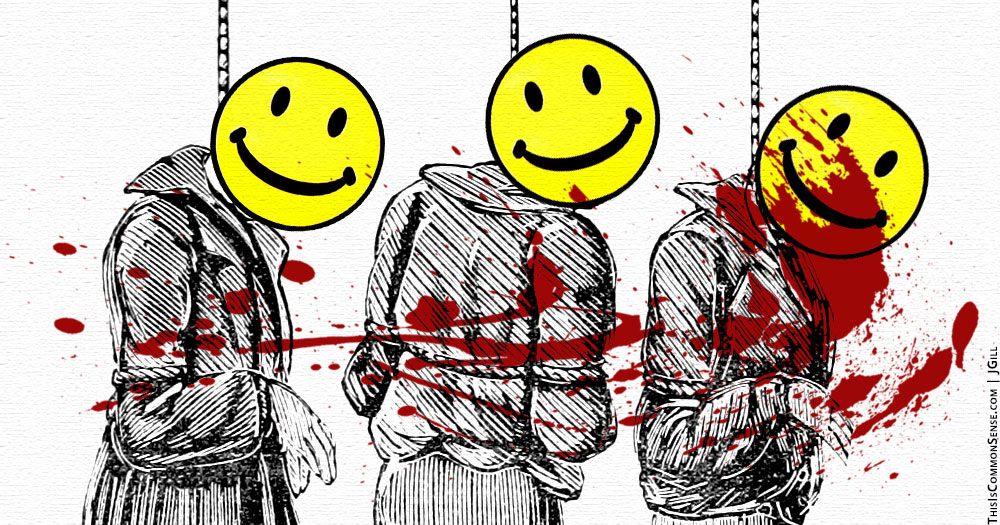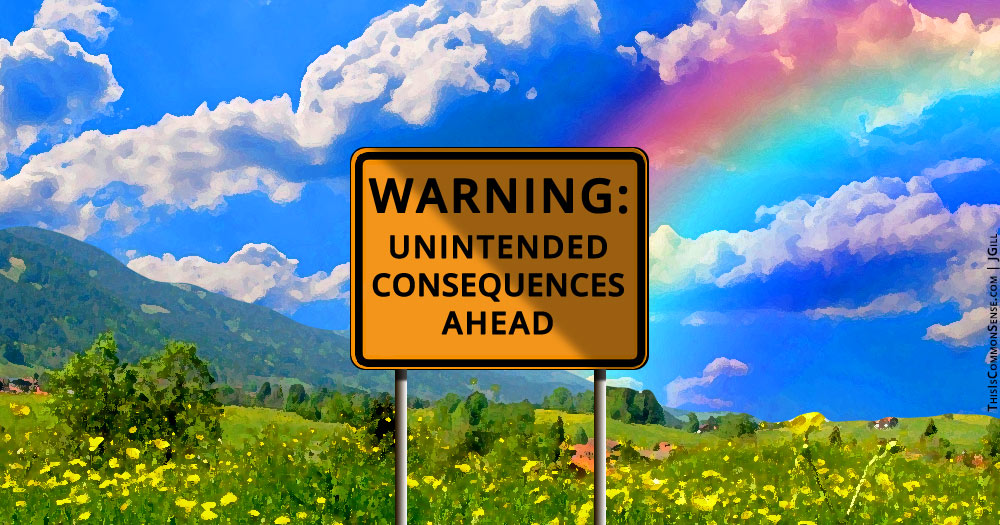The Cable News Network, known popularly and un- as CNN — and satirically as the “Clinton News Network” and “Fake News” — so hysterically hates the president that it has become completely unhinged.
Well, unhinged from decency and journalistic standards, anyway.
The latest slips downward?
First, some pseudonymous guy* on Reddit created a little gif** that placed a CNN-logo on the head of a wrestler whom Donald Trump “took down” in some weird bit of nonsense publicity the entertainer-entrepreneur was prone to, pre-presidency. Trump then retweeted a version of the gif, calling CNN (once again) “fake news.” This made CNN look silly,*** so CNN tracked the originator down and pressured him to make a humiliating apology — for it and other, more tasteless contributions. He deleted most of what he had done on Reddit.
CNN looks petty: a bully. And clueless about the free-for-all that is the Internet.
The Twitterverse erupted against the news outfit.
This went super-viral on July 4, the same day that CNN tried to humiliate Mr. Trump by tweeting a quote from Abraham Lincoln: “Let the people know the facts, and the country will be safe.”
How apt!
And yet … Lincoln did not say it. Not exactly. The “fake news” network faked a presidential quote.
CNN apparently doesn’t understand that responding to trolls feeds the trolls and makes you look bad, to boot.
I suppose you could blame Trump for all this. His ridiculous tweets and whoppers have so corrupted the culture that his enemies (CNN being the obvious media leader) have adopted his methods.
But I won’t. Not this time.
Just blame the people at CNN.
This is Common Sense. I’m Paul Jacob.
* He referred to himself as a “shitposter,” which is what satirists and trolls on the Web are called.
** A “gif” is an image file, and has been around since the beginning of the World Wide Web. Nowadays, when we talk about “gifs” we usually are referring to brief animated gifs.
*** Frankly, it made the president look silly, too.










